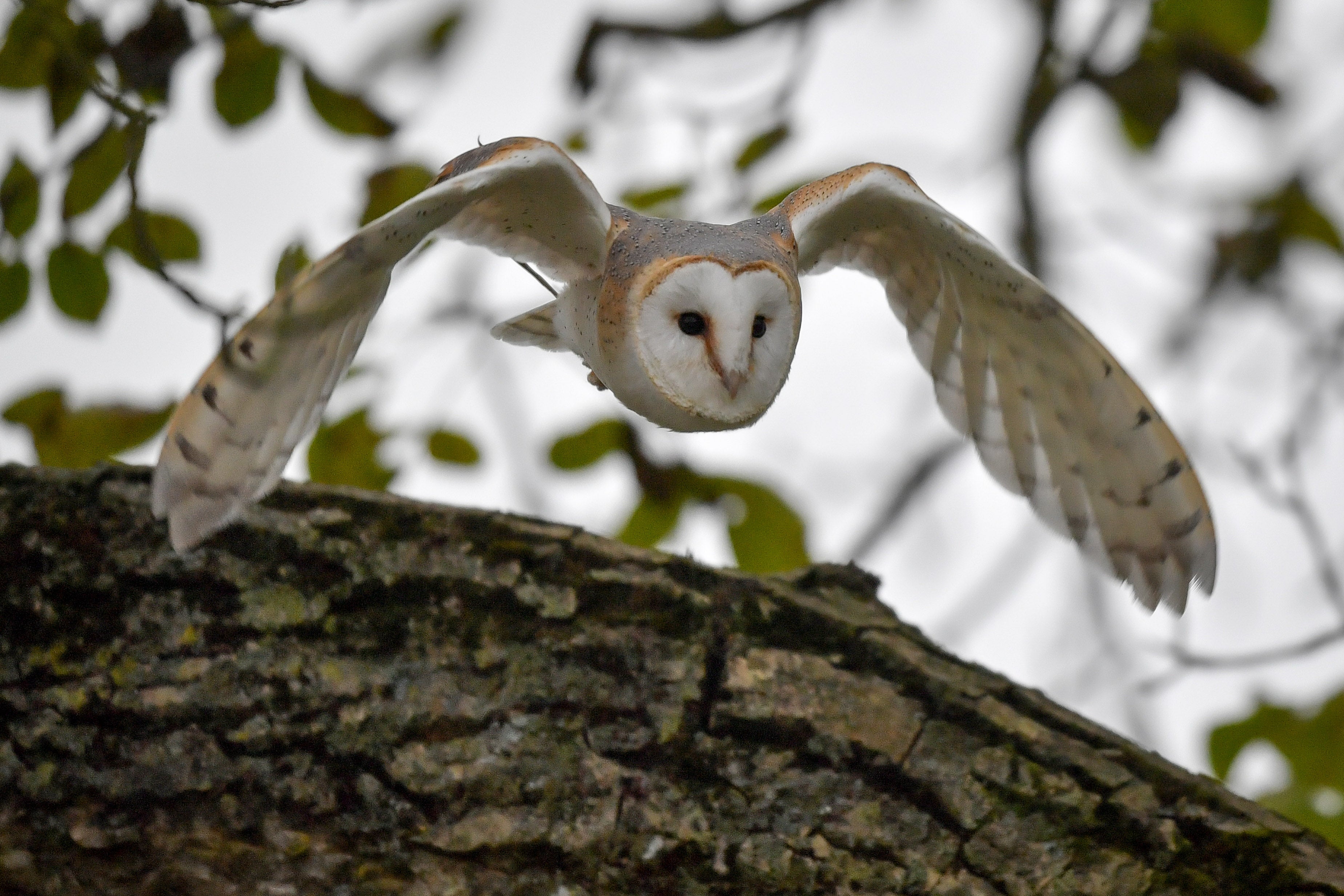Certain bats deter predators by buzzing like hornets, study suggests
After being captured by an owl, the greater mouse-eared bat might fool an owl into thinking it is a stinging insect for just long enough to escape.

Some bats will mimic the buzzing of stinging hornets in a bid to avoid being eaten by owls, a new study suggests.
Researchers say their discovery is the first case of Batesian mimicry – where a harmless species imitates a more dangerous one to protect itself from would-be predators – in mammals.
After being captured by an owl, the greater mouse-eared bat might fool an owl into thinking it is a stinging insect for just long enough to escape.
Danilo Russo of the University of Naples Federico II in Portici, Italy, said: “Imagine a bat that has been seized but not killed by the predator.
Buzzing might deceive the predator for a fraction of a second - enough to fly away
“Buzzing might deceive the predator for a fraction of a second – enough to fly away.”
The researchers made the discovery while conducting field research in which he frequently caught the bats in mist-netting operations.
Dr Russo said: “When we handled the bats to take them out of the net or process them, they invariably buzzed like wasps.”
After a number of years the team recorded the sounds and played them back to owls to see how the birds reacted.
They found that different owls reacted in different ways, probably because of their past experiences.
But the birds consistently reacted to insect and bat buzzes by moving further away from the speaker, while the sound of potential prey got them to move closer.
According to the researchers, although stinging insects probably do sting owls, there is not enough data to prove this is why the birds avoid the buzzing sounds.
But there is other evidence that birds avoid such potentially noxious insects.
For example, when hornets move into nest boxes or tree cavities, birds in general will not even explore them and they certainly do not nest there.
According to the Bat Conservation Trust, the greater mouse-eared bat was officially declared extinct in the UK in 1990, but a solitary individual has been hibernating in southern England since 2002, and they are still present in Europe.
The findings are published in the Current Biology journal.
Bookmark popover
Removed from bookmarks